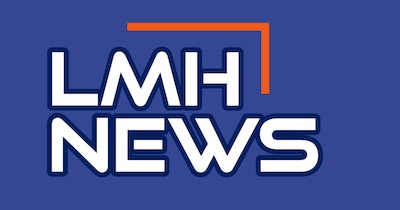WASHINGTON — In response to testimony from TikTok CEO Shou Zi Chew addressing the insistence of some members of Congress that TikTok should be banned in the U.S., the American Civil Liberties Union said that blocking access to entire platforms would violate the First Amendment rights of the estimated 150 million Americans who use the platform daily.
“Banning TikTok would violate the First Amendment. The government can’t impose this type of total ban unless it’s necessary to prevent extremely serious, immediate harm to national security. There’s no public evidence of that type of harm, and a ban would not be the only option for addressing that harm if it did exist,” said Jenna Leventoff, senior policy counsel at the ACLU. “Selective bans of entire platforms would cut off the flow of information, art, and communication that social media provides, interfering with communities and connections users in the United States have with each other and with people around the world. In fact, many Americans on TikTok are using TikTok at this very moment to organize political action against an unconstitutional ban. This kind of political speech on TikTok is at the very core of what the First Amendment protects.”
In recent weeks lawmakers have proposed two different bills that would block American access to TikTok. One bill, known as the DATA Act, would enable the president to sanction foreign entities dealing in software that is “subject to the jurisdiction of” or “influence of” China and that “may” be facilitating a long list of activities by the Chinese government. Another bill, known as the RESTRICT Act, would grant the Secretary of Commerce new authority to mitigate undue risks to national security involving information and communications technology that a listed foreign adversary has an interest in. The ACLU has condemned both bills as a serious threat to our First Amendment freedoms.
Originally published at https://www.aclu.org/press-releases/congressional-efforts-to-ban-tiktok-in-the-u-s-remain-a-danger-to-free-speech




